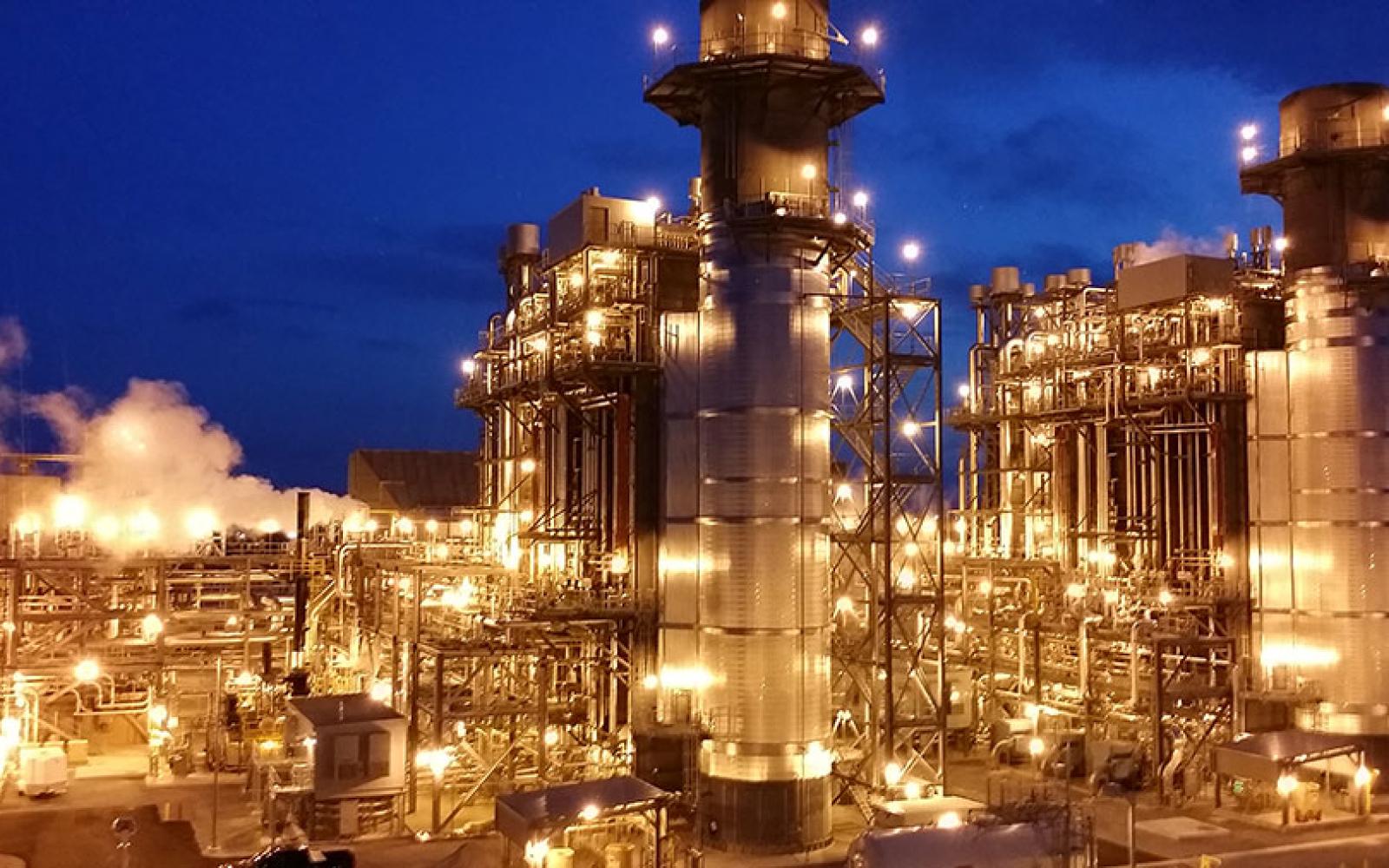WASHINGTON, D.C. - The Environmental Protection Agency's (EPA) proposed amendments to the Risk Management Program (RMP), titled "Safer Communities by Chemical Accident Prevention," have sparked a significant debate among industry stakeholders, environmental groups, and lawmakers. The proposed changes aim to enhance safety measures in facilities handling hazardous chemicals, particularly in the natural gas and chemical manufacturing sectors.
The EPA's amendments propose stricter safety protocols, including the implementation of Safer Technologies and Alternatives Analysis (STAA), enhanced facility siting requirements, and more rigorous emergency response planning. Advocates for the changes argue that these measures are essential for preventing chemical accidents and ensuring the safety of communities near industrial facilities.
However, the proposed regulations have faced opposition from several industry representatives and lawmakers. Congressman August Pfluger (TX-11), a Republican representing a key natural gas-producing region, the Permian Basin, has been vocal in his criticism. Pfluger, along with other Republican representatives, expressed concerns in a letter to EPA Administrator Michael Regan, suggesting that the new rule could negatively impact natural gas extraction, power generation, and chemical manufacturing, with broader implications for national security and American innovation.
"In the proposed rule, EPA estimated the annual cost of the rule would be $75 million, but the Agency now estimates the annual cost of the rule to exceed $257 million. This large cost difference indicates the scope of new regulatory requirements has been greatly expanded," Pfluger stated in a letter to Regan.
The letter highlights the potential economic challenges and operational burdens the industry might face under the new regulations. It also raises national security concerns, particularly regarding the proposed requirements for facilities to disclose sensitive information about hazardous substances and security measures to the public.
"This policy change would result in requiring companies to expose security vulnerabilities and information on hazardous substances that could be used by malicious actors and undermine incident response. When the EPA proposed similar disclosure requirements in 2017, several agencies highlighted national security concerns. There is no reasonable public benefit to the increased disclosure, and no data to support that expanding access to specific chemical hazard information would result in improved performance for regulated facilities," Pfluger stated.
Industry experts have echoed these concerns, pointing out the potential for increased operational costs and regulatory burdens. They emphasize the need for a balance between enhancing safety and maintaining the economic viability of the industry.
The rule will harm the economic viability of the American consumer, Pfluger argued.
"[F]inalizing SCCAP as currently drafted would make it more difficult for US companies to innovate and remain competitive," Pfluger stated. "For example, the regulation singles out the refining industry’s use of hydrofluoric acid (HF), a catalyst which is critical for producing lower emissions fuels. If the proposed regulations are implemented, facilities using HF may not be financially capable of accommodating these requirements, ultimately impacting environmental goals while doing nothing to achieve the rule’s intended goal. This could place gasoline capacity at risk and lead to higher prices for American families relying on these innovative refinery products."
On the other side of the debate, environmental groups and safety advocates have stressed the importance of stringent safety measures. They argue that robust safety protocols are crucial for preventing accidents, protecting workers, and safeguarding communities near industrial sites.
The debate highlights the complex challenge of balancing industrial safety with economic considerations and national security. As the EPA's proposed rule undergoes further review, stakeholders from various sectors are calling for a careful reevaluation to ensure that any new regulations are effective in enhancing safety without imposing undue burdens on the industry.
The EPA is expected to consider the feedback from all stakeholders as part of its rule-making process. The outcome of these regulations will impact the profitability, accessibility, and security of natural gas from the Permian Basin and all other area of domestic gas production.

The Panda Sherman Power Project generates 758 MW of electricity using natural gas in Sherman, Texas
Subscribe to the LIVE! Daily
Required






Post a comment to this article here: